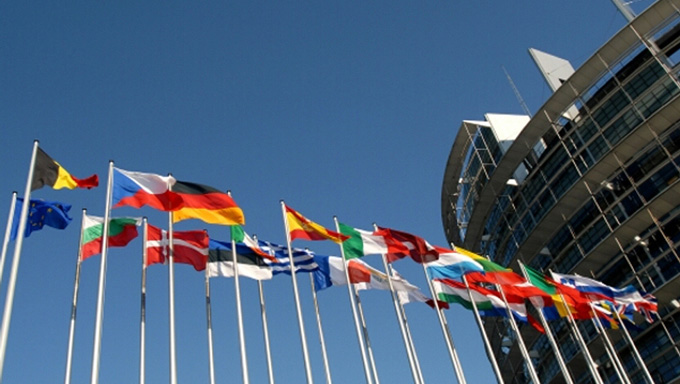Facebook would like to give its 2 billion users more control over their own data, before the new EU General Data Protection Regulation comes into force directly at the end of May 2018.
The GDPR (General Data Protection Regulation) aims to give European citizens more control over their data and how companies handle it. Should companies contravene the regulations, they will now be facing substantially higher fines (penalties) than previously.
The world’s largest social network, Facebook, has responded proactively with new privacy setting options. “We’re rolling out a new privacy center globally that will put the core privacy settings for Facebook in one place and make it much easier for people to manage their data,” the news agency Reuters quotes Sheryl Sandberg, Chief Operating Officer (COO) at Facebook, as having said at a company event in Brussels. For many years Facebook has repeatedly come under fire over data protection, for instance due to invasive marketing activities or ambiguous wording in its terms of use.
The GDPR introduces tighter regulations for processing and storing personal data amongst other things, and makes it mandatory for businesses to obtain express consent prior to using data. Companies are required to be able to make a copy of all data stored about users available to them and inform users within 72 hours should any of their data be stolen. For the first time, the regulation is now applicable based on the market in which the company is active (market location principle) and no longer the registered location of the company.
Would you like to detect cyber attacks before it’s too late and react correctly? Safeguard your organization against viruses, Trojans and ransomware to prevent the loss of data? Transmit documents in a way that protects them from being viewed by unauthorized third parties? Design and set up the archiving and access to personal data in a compliant way? Offer consumers simple, intuitive opt-out/opt-in possibilities?
Retarus’ services will not only be compliant with GDPR by May 25th, 2018, but are today already helping companies and authorities to implement the European Union’s General Data Protection Regulation (GDPR) requirements.




